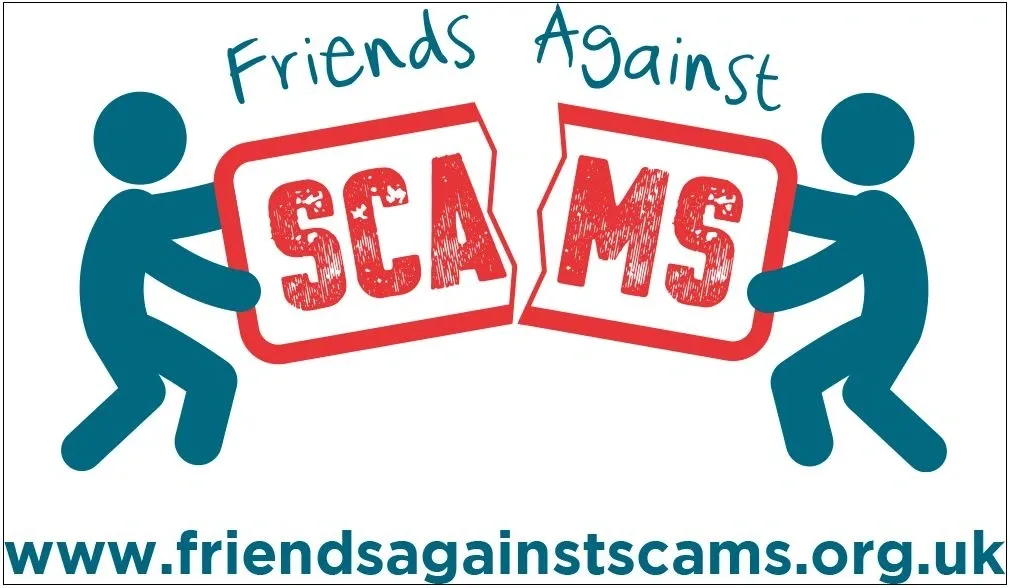“The Great Resignation” phenomenon has caused a surge in recruitment. As thousands of people re-evaluate their working environments, company culture, living arrangements and locations, following the Covid pandemic (sorry to mention it), the jobs market is effervescent with activity. And of course, it’s all done online. Scammers, being the sneaky little blighters they are, have pounced upon another opportunity by preying on unsuspecting jobseekers in an attempt to steal identities, bank details and money.
In it’s simplest form they post a fake advert on a job board, conduct a remote interview via video or telephone call, make the candidate feel as though they’re in with a solid chance, then ask them to pay for a DBS (Disclosure and Barring) check. A DBS is a government authorised check of any criminal records, and most applicants would be happy to pay for this service. It costs £23, which isn’t a great amount of money if you’re soon going to have the job of your dreams. Except… to get a DBS check you need to give:
- Addresses for the last five years
- Passport Number
- Driving License Number
- National Insurance Number
And probably your credit card details so they can take the £23 payment. That’s a lot of very sensitive information to give to a scammer. At the very least you’ll lose £23, chance are it’ll probably be a lot more.
Unfortunately the scammers don’t always stop there. Some of the more advanced scams will see teams of people working together, effectively presenting themselves as a legitimate business, with websites, email addresses, social media profiles and more. Cursory checks will look like a successful, thriving business who are taking on more staff. Again, they will conduct interviews by phone or video, and in some cases even physically meet with their target.
You’ve got the job!

How to avoid?
Check, check and check again. Is the email address they’re using genuine or is it a hotmail/gmail address? Do they have a social media presence, particularly on sites like Linkedin, and does it look genuine, with connections to other people in the industry? Check out the company on Companies House to see how long they’ve been trading (if at all). If they’re asking for an in-person interview, is it at their office or in a Starbucks? Why is that?
Genuine recruitment companies are probably your best bet. Tried and trusted by thousands, and usually with a well established presence both online and in the real world. If something seems to good to be true, it usually is. Exercise caution when giving out your details and do as much background work as you can.
Litenet are comitted to helping raise awareness of scam activity, particularly in our industry. We are a partner organsiation of the National Trading Standards “Friends against scams” initiative.



